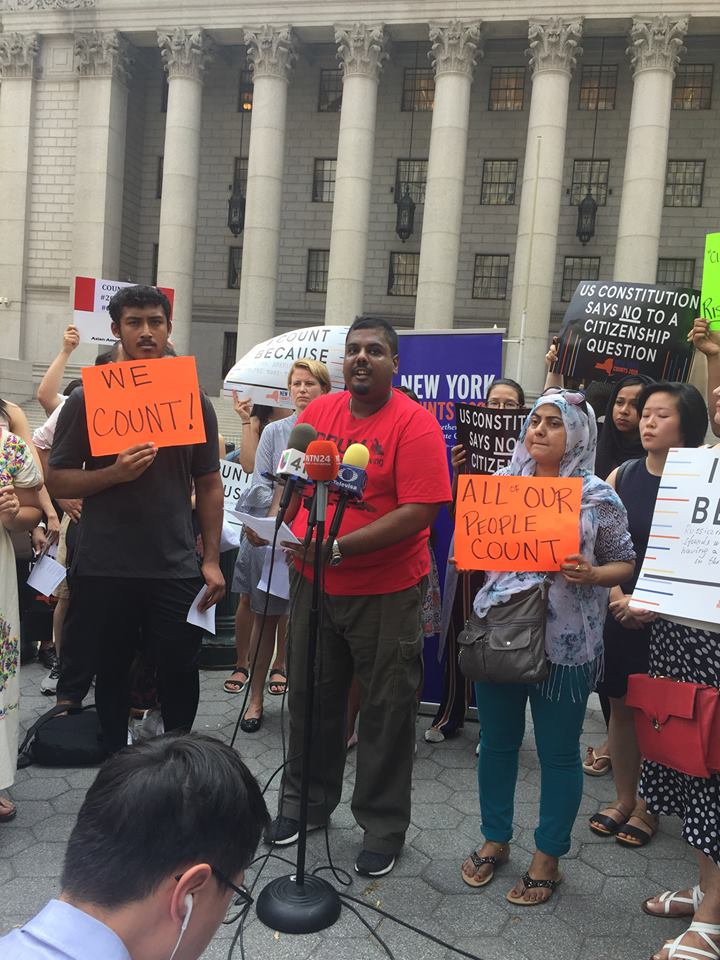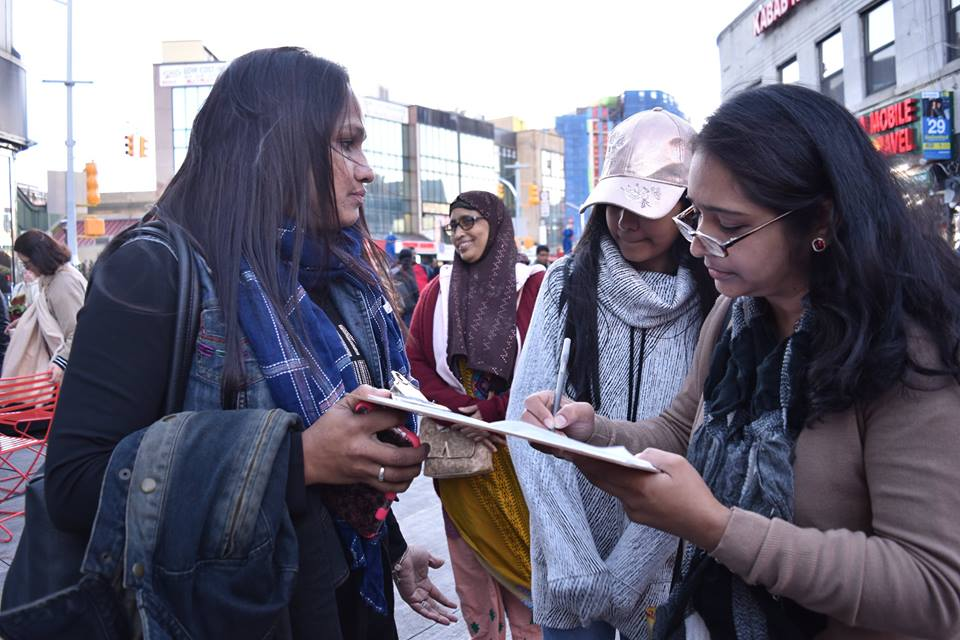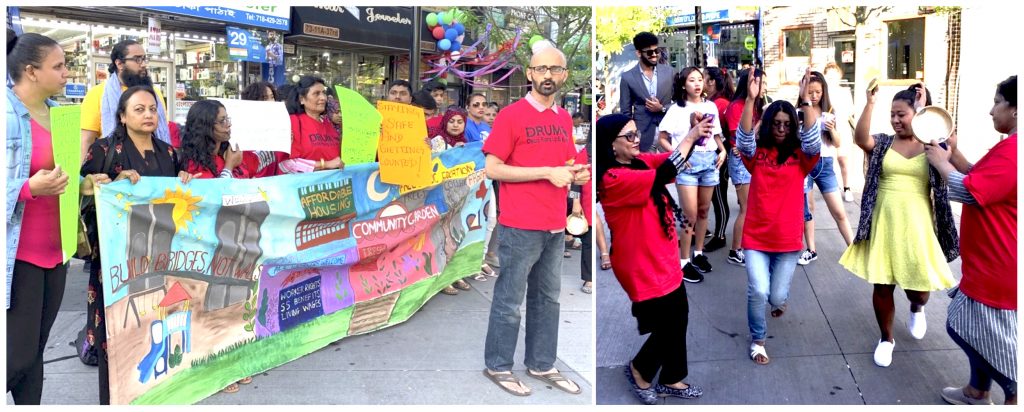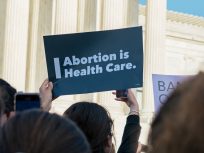The Supreme Court in Department of Commerce, et al., v. New York, et al., addressed whether the census could contain a question on citizenship status. While it didn’t rule on whether the question itself was or was not allowed, it did decide that Secretary Wilbur Ross’s explanation and justification for including the citizenship question, to uphold the Voting Rights Act, didn’t align with the evidence provided to the court. The Court found that the reasoning given was “arbitrary and capricious,” suggesting that the Secretary didn’t have a true justification for requiring the question. The Court sent the case to the lower court under instructions to request and review evidence showcasing the Department of Commerce’s reasoning for including a citizenship question on the census.

Citizenship on the Census
The lower court, United States District Court for the Southern District of New York (S.D.N.Y.) originally determined the census could not have a citizenship question. The Secretary of Department of Commerce claimed that asking a citizenship question of everyone would eliminate the need to estimate citizenship of several million individuals in the United States. He cited better enforcement of the Voting Rights Act as reasoning to include the question. Upon review of the S.D.N.Y. decision, the Supreme Court ruled that the lower court improperly overturned the Secretary’s decision to include the citizenship question. When considering the rationale behind a policy, SCOTUS stated that the lower court may not overturn the Department’s decision solely because it may have been influenced by politics or suggested by the President and his administration. This determination did not impact whether the census could or could not have a citizenship question.
Pretense of Defending Voting Rights
SCOTUS then reviewed the evidence of reasoning provided by the Secretary of Department of Commerce, ultimately deciding that the story and the evidence didn’t match up. Chief Justice John Roberts determined there was “a significant mismatch between the Secretary’s decision and the rationale he provided.” The evidence showed that the Secretary was determined to reinstate a citizenship question from the moment he entered office, and this desire was not officially linked to the VRA until after notice of adding the question to the census had been submitted. The reasoning for the question, it seems, appeared only after the Secretary realized he may need to justify the addition.
Barbara Underwood, the former New York attorney general responded in oral arguments that the citizenship question would hinder responses from individuals, saying: “[It] will cause a decline in the response rate of non-citizens and Hispanics, to the detriment of the states and localities where they live.” This statement directly questions the Secretary’s reasoning, as protecting the VRA would require more individuals to respond to the question.
Even the Census Bureau’s chief scientist said the citizenship question would ultimately be “very costly, harm[] the quality of the census count, and would use substantially less accurate citizenship status data than are available from administrative sources.”

Advocates like Sherrilyn Ifill, President and Director Counsel of NAACPLDF said: “The move to add a citizenship question to the 2020 census was a thinly veiled attempt to erase communities of color – including Black people who are noncitizens, immigrants, and those who live in close proximity to these populations – from the census count under the false pretense of defending voting rights.”
The Secretary’s rationale, to promote and protect the Voting Rights Act, was seen for what it really was: a racist attempt to suppress responses to the census, negatively impacting federal funding and helping gerrymandering efforts.
Organizers View and What’s Next for the Census
Fahd Ahmed, Executive Director of Desis Rising Up & Moving (DRUM), says: “For over a year, DRUM members, have been organizing against the citizenship question, through mass public education events, gathering and submitting comments for the public commentary period, court mobilizations, media work, testifying at Congressional hearings, and meeting with officials amongst others. So, we are celebrating the Supreme Court’s decision, but also shifting to ensure that everyone gets counted in our communities.”
SCOTUS’ rightful hesitancy about the Secretary’s true intentions behind the citizenship question is ultimately what saved the 2020 census. Refusing to rule on the question, it remanded the case to the lower court for further explanation of why the citizenship question on the census was needed. “This is a victory for directly impacted immigrant communities and for racial justice,” said Losmin Jiménez, Project Director and Senior Attorney for the Immigrant Justice Project at Advancement Project National Office. “The real reason behind the addition of the citizenship question to the 2020 Census is racism. That the Supreme Court did not look away and checked the Trump Administration on this racism is a huge relief.”
Jasmen Rogers-Shaw, Staff & Policy Director for the Miami Workers Center, said: “Ensuring the elimination of barriers to the accuracy of the Census count is a huge victory for our communities. We need an investment in making sure folks can access the Census without fear and intimidation, reaching our communities in a real way so that desperately needed resources can be funneled in. Black and brown women will continue to be pushed to the margins until our voices are heard through the Census.”
Isabel Vinet, Interim Executive Director of Florida Immigrant Coalition states: “The Supreme Court decision proves that including a citizenship question on the Census was never about collecting government data. It was an attempt by the Trump administration to stoke fear in immigrant communities and denying us a right to visibility and representation.” As a result of the Supreme Court, the citizenship question remains off of the census simply by virtue of the census printing deadline, which is Sunday, June 30.

“As recently released documents evidenced,” Vinet says, “the Census citizenship question was about preserving white political power.” The possibility of the Bureau providing a satisfactory response still remains, and the question could potentially show up on the next census. Organizers are taking defensive steps. Efforts have ramped up against gerrymandering, with many organizations putting weight behind electing progressive officials that will carry an anti-gerrymandering message. Some are seeking state-level constitutional amendments against partisan gerrymandering. Organizations like Mi Familia Vota are building political power in Latino and immigrant communities. Organizations like Black Voters Matter are increasing voter turn out and advocating for voting rights expansion. Over 131 groups fought against the addition of the citizenship question, and their dedication has provided a temporary reprieve from Trump’s anti-immigrant and racist administration.




